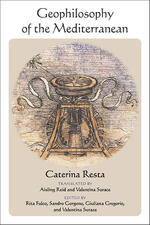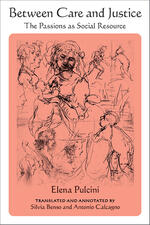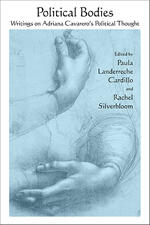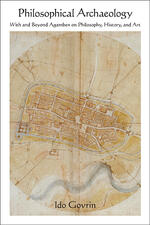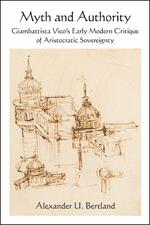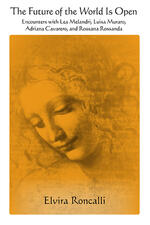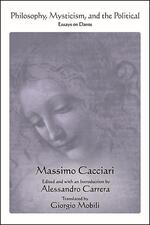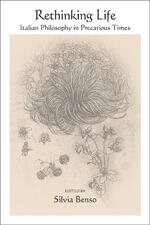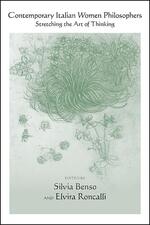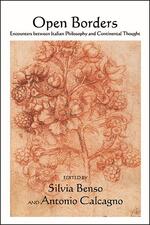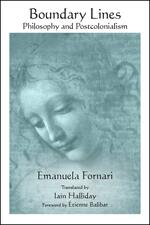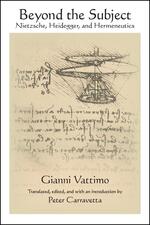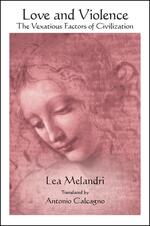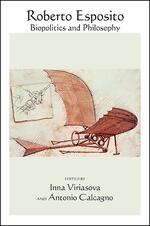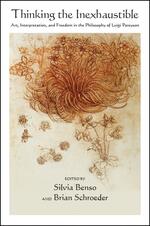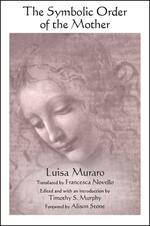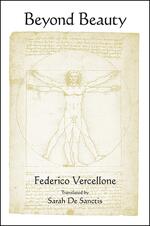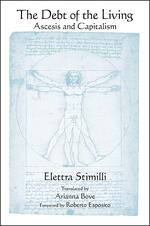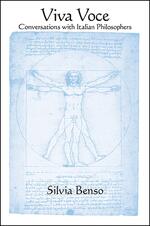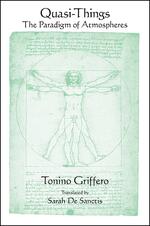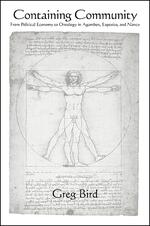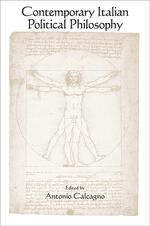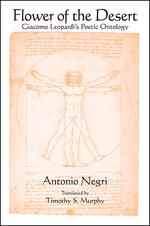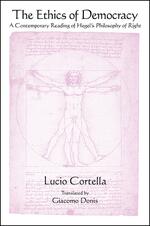SUNY series in Contemporary Italian Philosophy
Geophilosophy of the Mediterranean
Aims to rethink Europe under the sign of openness and hospitality, starting from the Mediterranean—the sea that is so important for the history of the entire West—a sea of differences with a deep unitary root conceived as a paradigm for rethinking new and original forms of social and political coexistence.
Between Care and Justice
Proposes a form of moral education that joins care and justice to nurture and develop the desirable moral sentiments for a more just world at the interpersonal, social, political economic, and environmental levels.
Political Bodies
The first edited volume solely dedicated to the philosophy of Adriana Cavaero.
Philosophical Archaeology
Explores the potential for a novel philosophy of history to be uncovered by tracing the connections between Giorgio Agamben's work (theoretical practice) and contemporary art (artistic practice).
Myth and Authority
Argues that Giambattista Vico's early modern account of Roman mythology was a sophisticated attempt to present an epistemological and political critique of the aristocratic way of conceiving the world.
The Future of the World Is Open
Conversations with prominent Italian feminist thinkers Lea Melandri, Luisa Muraro, and Adriana Cavaero, as well as three essays - appearing in English for the first time - by author, journalist, and renown political figure Rossana Rossanda.
Philosophy, Mysticism, and the Political
Nine masterful essays on Dante’s Divine Comedy and his political theology by one of today’s leading Italian philosophers.
Rethinking Life
Fourteen Italian philosophers reflect on how the global experience of vulnerability and precariousness—of which the Covid-19 pandemic is but one example—compels us to rethink life and collective living.
Contemporary Italian Women Philosophers
A unique portrayal of the theoretical positions of eleven Italian women thinkers who share the practice of philosophy and extend philosophical work and interests beyond the realm of the discipline strictly defined.
Open Borders
Offers a dialogue about the future of the nature of the human, technology, metaphysical foundations, globalization, and social and political oppression.
Boundary Lines
Systematically addresses the philosophical implications of the postcolonial.
Beyond the Subject
An original reading of Nietzsche and Heidegger that paved the way for Vattimo's conception of weak thought.
Love and Violence
A critical, philosophical engagement of the psychological structures that propagate the continued oppression of women.
Roberto Esposito
Analyzes key concepts and arguments in the work of one of Europe’s leading philosophers.
Thinking the Inexhaustible
Essays address the major themes of Pareyson’s hermeneutic philosophy in the context of his existentialist approach to personhood.
The Symbolic Order of the Mother
Argues that affirming the irreducible differences between men and women can lead to more transformative politics than the struggle for abstract equality between the sexes.
The Experience of Truth
Advances a hermeneutic conception of truth as a mode of being, in dialogue with Aristotle, Nietzsche, Gadamer, Heidegger, Putnam, and Rorty.
Beyond Beauty
Traces the decline of beauty as an ideal from early German romanticism to the twentieth century.
The Debt of the Living
An analysis of theological and philosophical understandings of debt and its role in contemporary capitalism.
Viva Voce
Firsthand perspectives on the past, present, and future of contemporary Italian philosophy.
Quasi-Things
An aesthetic and phenomenological account of feelings.
Containing Community
Analyzes the role of community in the writings of Giorgio Agamben, Roberto Esposito, and Jean-Luc Nancy.
Contemporary Italian Political Philosophy
Highlights and critically assesses the work of contemporary Italian political philosophers.
Flower of the Desert
A profound meditation on Leopardi’s art and thought as well as a reframing and reassertion of Negri’s own philosophical and political project of liberation.
The Ethics of Democracy
Demonstrates how the ethical underpinning of Hegel’s political and social philosophy has relevance for contemporary democratic life.
